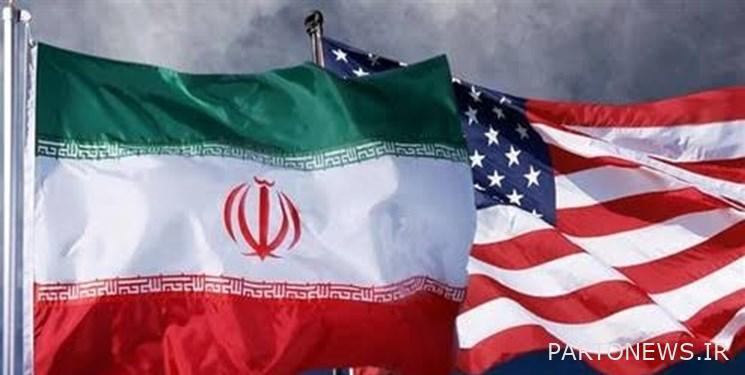Beijing protests against US; What is the difference between Iran and Australia in having enriched uranium?

According to Fars News Agency’s International Group, some world media published a letter from the Chinese negotiating team in Vienna on Saturday afternoon, protesting against the US double standards regarding Iran’s nuclear program.
Part of the letter, written by Wang Kun, a Chinese diplomat, and a Chinese delegation to the sanctions talks on Iran, which was distributed among other diplomats, explain why the United States and Britain say Iran cannot produce enriched uranium above 3.7 percent, while On the other hand, how many tons of uranium with a richness of over 90% is transported directly and directly to Australia? This is an important case in point.
Wang Kun further accused Western countries of following double standards as they try to renegotiate a nuclear deal with Iran that deprives the Islamic Republic of producing uranium enriched with a military degree similar to that of the United States and Britain. Part of it will be delivered to Australia to be banned.
Chinese Foreign Minister Wang Yi also met last Wednesday with his Iranian counterpart, Hussein Amir Abdullahian, to discuss developments over Iran’s nuclear program.
The Chinese foreign minister said in a telephone interview that Beijing understood Iran’s reasonable demands and supported Tehran in protecting its rights and interests. Wang Yi added that in the current situation, all parties should work together to maintain the momentum formed for the continuation of the talks and the efforts to reach an agreement in the Vienna talks.
In addition to China, Mikhail Ulyanov, Russia’s representative to the International Atomic Energy Agency, said in a statement to the IAEA Board of Governors on Wednesday: Eliminate the core and enormous pressure of ongoing sanctions. “The only way to achieve that is through the Vienna talks.”
“Rafael Grossi, director general of the International Atomic Energy Agency, said his visit to Iran was fruitless,” he tweeted. “A full agreement has not been reached, but he will continue to work with the Iranian side to resolve the remaining issues.”
“Russia supports these efforts,” the Russian envoy to the Vienna-based international body tweeted.
Ulyanov’s remarks came after Lawrence Norman, a correspondent for the Vienna-based Wall Street Journal, quoted Grossi as saying that his talks with Iranian officials in Tehran over the remaining safeguards issues had failed.
“On November 23, 2021, I met in Tehran with Mr. Mohammad Eslami, Vice President and Head of the Atomic Energy Organization of Iran, and Mr. Hossein Amir-Abdollahian, Minister of Foreign Affairs of Iran,” Grossi said in a statement to the Board of Governors.
“Despite my best efforts, these extensive negotiations and consultations to address Iran’s remaining safeguards issues, which were detailed in two reports, were fruitless,” Grossi added.
The Director General of the Agency also claimed: “In addition, contrary to the agreement reached between the Agency and Iran on September 12, 2021, the lack of access to the Karaj workshop (Tessa Complex) means the resumption of monitoring and inspection of all Iranian facilities and locations in relation to Borjam is not completed. “This seriously affects the Agency’s ability to keep abreast of the status of the workshop, which has been widely acknowledged in connection with the return to BRJAM.”
Rafael Grossi arrived in Tehran on Monday evening (December 1st) and met with Mohammad Eslami, Vice President and Head of the Atomic Energy Organization, at the IAEA headquarters before noon on Tuesday. “We are looking to continue negotiations with Iran to find common ground and reach a positive conclusion,” Grossi said, summing up the conversation with the head of the Atomic Energy Organization.
He also met with our Minister of Foreign Affairs, Hossein Amir-Abdollahian, last Tuesday afternoon. The Director General of the International Atomic Energy Agency left for Vienna after these meetings and participated in the first day of the three-day quarterly meeting of the IAEA Board of Governors, which is being held virtually.
“I have to describe in this way that the consultations and negotiations in Iran were fruitless in the sense that we could not put an end to the issues,” Grossi told a news conference after returning to Vienna. “I will not give up trying to reach an understanding, but we could not reach a conclusion on the issues we discussed yesterday.”
End of message.
You can edit this post
Suggest this for the front page
.

